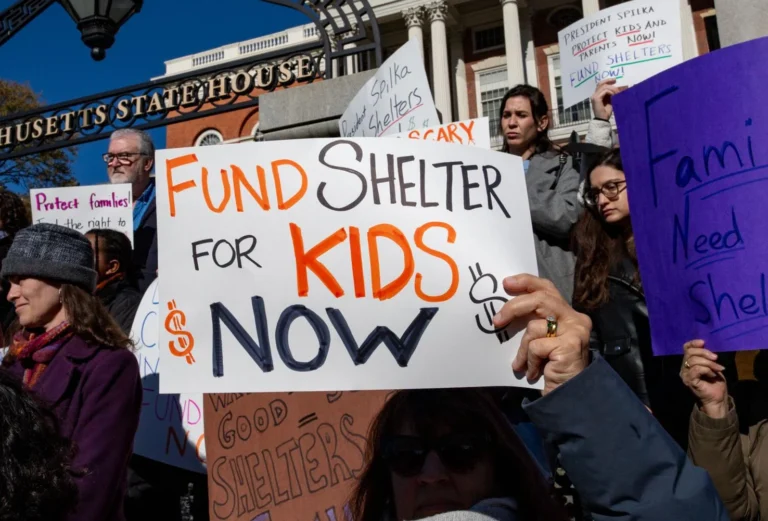The first night I was a little nervous. Things to prepare were obvious: clean sheets, basic toiletries, and toys for young children. But I kept asking myself questions like, “Do I need a child seat?” or “What if I don’t like these foods?”
That March evening, my Haitian family (mom, dad, and one happy 6-year-old) arrived, slowly dragged my few belongings in, and hugged me tightly. I left them alone to calm down and returned an hour or so later to see if they wanted to join me for dinner. But instead, they found themselves fast asleep. I was not surprised when I eventually learned that the family had just crossed the border a week earlier after traveling from Haiti.
As derogatory and hateful comments about Haitian immigrants flood the airwaves at a frustrating rate, I think of the family on that March night who just wanted to be safe. I have learned with my own eyes that fearmongers could not be more wrong. Our new Haitian neighbors are strong, capable, patient, and always trying to find ways to repay the kindness shown to them.
My family has shown me many times that they prefer to rely on themselves rather than ask for help with even the simplest tasks. For example, after driving my family to the grocery store once, they chose to walk the mile and a half there and back, pulling the groceries without complaint.
These families were always eager to accommodate me in any way I could, offering to help clean, take out the trash, and even feed the cats. Sometimes there are miscommunications and awkward moments, but it’s so much fun having them in my home.
Of course, I don’t want my family to endure hardship or feel like they have to help while they’re with me. I want them to feel safe and welcome and enjoy the rest they deserve after going through an unimaginable journey.
Then I say to myself: These families I lived with, all of them Haitian, somehow managed to make it across the border to Massachusetts. The conditions they fled and endured are unlike anything most Americans could imagine. Unprecedented gang violence and tragic natural disasters in Haiti have displaced hundreds of thousands of innocent people, more than half of them children. Haitians in Massachusetts worry every day about whether their family and friends back home are still alive, let alone work or school.
Unfortunately, the state’s decision to chip away at the basic human right of providing families with the right to shelter has proven to be incredibly unfortunate and sad. There are limits on the number of beds per shelter and the number of nights a family can stay in a shelter, leaving people desperate for safety with few options.
But welcoming my family is one way I can assert my values during these difficult times. I encourage others to find ways to do the same.
For example, not everyone can start a family, but many people donate needed items, support nonprofits and faith-based organizations that work with people in need, and advocate for the welcome of immigrants. companies, and businesses can be more willing to hire immigrants.
Massachusetts has the resources to continue investing in new arrivals. Providing English as a second language classes, workforce training programs, and other supports (yes, including shelter) can help people stabilize and become part of the community faster.
The data reveals that immigrants end up paying back significant amounts in taxes and other contributions. Earlier this year, the nonpartisan Congressional Budget Office estimated that the current immigration surge would increase federal revenue by $1.2 trillion from 2024 to 2034. And here in Massachusetts, our workforce continues to need more workers, both skilled and unskilled. Immigrants can take these jobs.
If the state is cutting back on actual shelter beds, it must do more to incentivize Massachusetts residents to take in host families. Connecting hosts with families and offering scholarships to offset costs, as the state plans to do, would be a good start. However, states will need to work closely with business, nonprofit, and community leaders to ensure buy-in and, ultimately, help promote these policies effectively at the highest levels.
While anti-immigrant activists continue to spew disproven and dangerous claims against Haitian immigrants, my experience hosting a Haitian family for several months shows that parents and children alike are generous. , the truth of being kind and strong has come into view. We hope that by supporting our new arrivals, others will also be able to learn this first-hand.
Elizabeth Sweet is executive director of the Massachusetts Immigration and Refugee Advocacy Coalition, New England’s largest nonprofit organization dedicated to promoting the rights and inclusion of immigrants and refugees.


